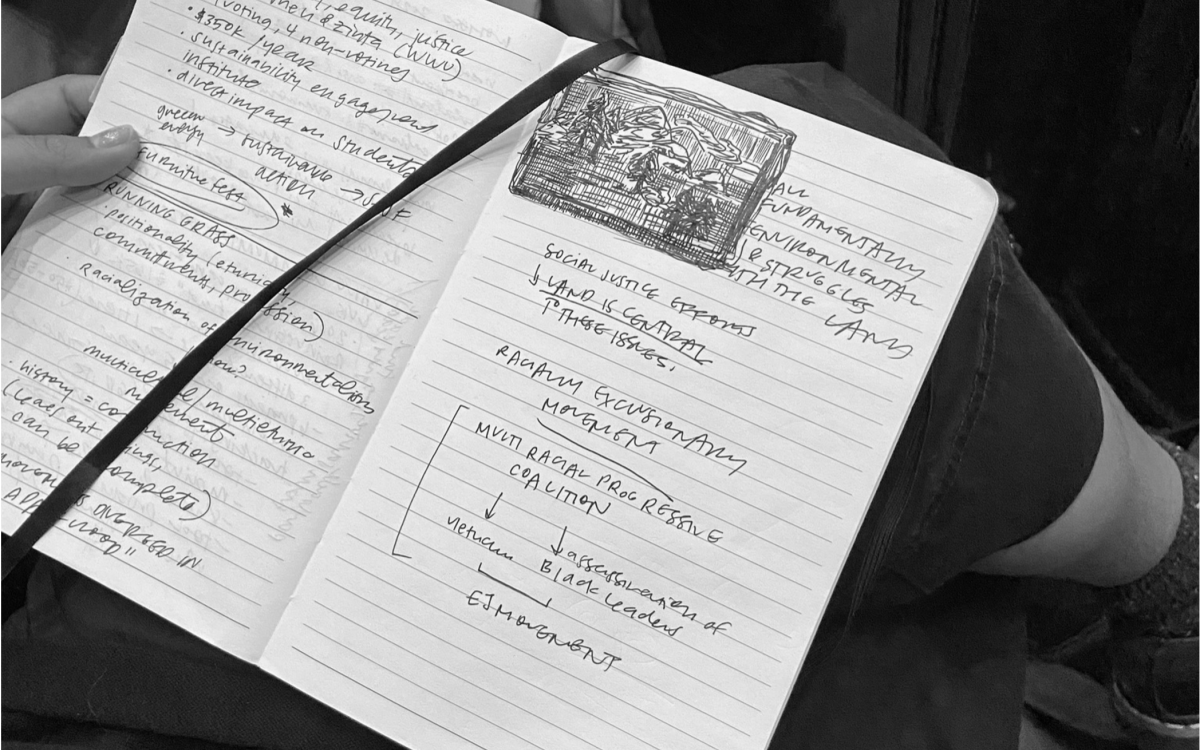"Violence is what we settle for / because we've been led to believe / green paper can feed us / more than green land." - Brandy Nālani McDougall in Āina Hānau
Greater Seattle Community Orgs
The Campus Sustainability Fund compiled a living document of learning and volunteering opportunities with the intention of connecting students beyond the UW campus. The organizations featured range from a variety of topics including:
- Justice-Centered Education
- Community Resilience
- Land and Food sovereignty
- Outdoor Accessibility
- Community and Cultural Centers
Our list provides short blurbs about each organization and their contact information as a starting pathway to participate in sustainability within Seattle.
